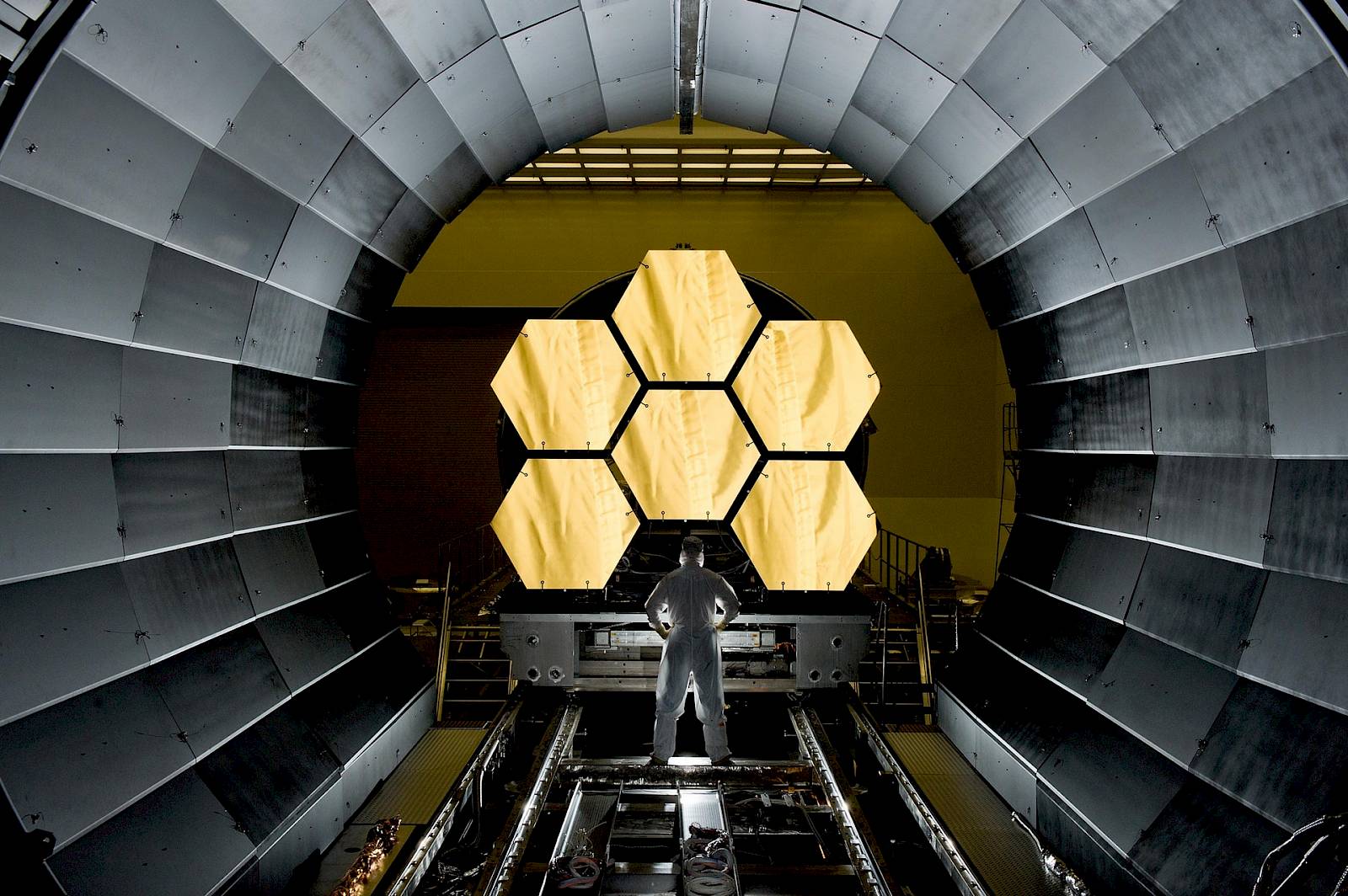
Blockchain, the Emerging Platform for Manufacturing 4.0
This white paper explores how distributed ledgers will serve as open platforms for strategy delivery in the fourth industrial revolution.
This white paper, brought to you by the Brightline Initiative and the Blockchain Research Institute, explores how distributed ledgers will serve as open platforms for strategy delivery in the fourth industrial revolution. Blockchain technology will support strategies that integrate additive manufacturing, augmented reality, artificial intelligence, the Internet of Things, and big data analytics across supply chains, from design and sourcing to delivery and usage.
Idea in Brief
As organizations start to embrace manufacturing 4.0, the focus shifts to the integration of heterogeneous participants across the manufacturing ecosystem to enable fine-grained and responsive networks of distributed manufacturing activities. What is missing is a common and trusted platform that facilitates relationships between companies of different sizes across the value chain to build harmonized applications on an ecosystem level.
Breaking informational silos, blockchain facilitates the transparent, secure, and controlled exchange of data across organizational boundaries. It could thereby serve as a trusted industry-wide platform for collaborative value-creation activities to orchestrate and manage local or geographically dispersed manufacturing activities.
Illustrating the potential impact of blockchain in manufacturing, this whitepaper discusses four use cases that have been the focus of attention in the manufacturing industry: Connecting distributed manufacturing resources:
A blockchain-based platform facilitates interactions between buyers and manufacturers with smart contracts to streamline production processes and tokens to provide incentives for participants.
Securing the end-to-end additive manufacturing (AM) process: Blockchain and smart contracts serve as security layer and middleware to integrate the digital thread, underpinning all transactions for AM.
Enabling asset life-cycle management: Blockchain facilitates a shared and immutable product memory and provides a trail of actionable data over an asset life cycle between multiple parties.
Increasing supply-chain visibility: Blockchain provides near real-time deep-tier supply-chain visibility by onboarding all parties and their transactions in a supply chain on a single shared ledger.
These use cases provide only a glimpse of the transformative changes of established business models in the manufacturing ecosystem, as real-time access to actionable data and control unleashes a new era of decentralized and software-defined manufacturing.
Despite great potential, the application of blockchain technology in the manufacturing industry is still in its infancy. This research studies major implementation challenges related to choosing a suitable blockchain protocol, safeguarding the physical-digital interface, guaranteeing network and user interface security, and evaluating the application scope for smart contacts. Go-forward recommendations provide companies with advice on where to start with blockchain innovation.
Published on 5 November 2018, by Blockchain Research Institute